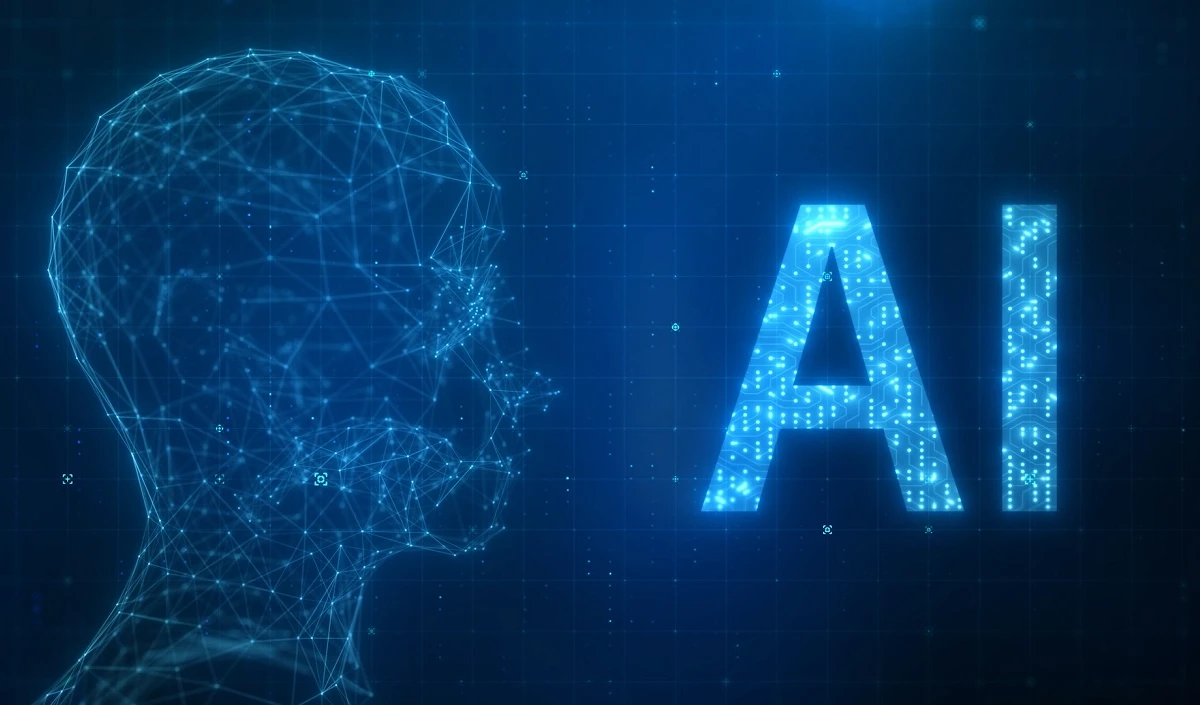Several major economies, including India, the United States and the United Kingdom, are due to have elections this year. Artificial intelligence seems to be a big factor in these elections this time. In fact, at the beginning of the year, in January, some residents of New Hampshire, USA received a phone call from President Joe Biden. On the phone, Biden was seen discouraging people from voting in the presidential primary process. However, upon investigation, it was found that the call was fake and Biden’s voice was copied with the help of artificial intelligence. But the incident has raised concerns about AI’s potentially disruptive impact.
“When it comes to technology, we often (see) the rules playing a catch-up game. But when it comes to elections, we cannot take any risks because what is at stake is democracy itself. Shruti Shreya, senior program manager for platform regulation and gender technology at tech policy think tank The Dialogue, told The Print that misinformation can cast doubt on the transparency and transparency of elections, sometimes leading voters to misjudge election results. Can raise questions on accuracy
Deepfakes and other technological advancements have become more efficient at creating and delivering truly fake content, thereby misinforming or deceiving the public. In such a situation, the electoral process and its results may become dysfunctional, which may erode public confidence and adversely affect the values of democracy. However, it is also important that we make positive use of AI and especially generative AI. Generative AI is being used in great cinema, game design, art, literature and other creative domains. By using this technology in a positive way, we can encourage people to think and believe in new and innovative ways.
Don’t overlook the positive aspects of artificial intelligence.
Devendra Singh Jadwin, founder of artificial media firm The Indian Deepfaker, said the technology is neutral and the good and bad results depend on the person using it. For example, a car is also a technology. It gets you from point A to B, but it’s also a leading cause of death. So, it doesn’t mean that the car or the technology is bad. It depends on the person using it.
In the SFLC discussion, he said that politicians and political parties are already using GenAI, and that many parties, PR agencies and political consultants have requested his company to use GenAI to train their leaders. To increase public perception of Messaging
Prime Minister Narendra Modi also uses AI to connect with people. At the Startup Mahakamba on Wednesday, Modi mentioned the AI-powered photo booth feature on the Nemo app. The feature uses facial recognition technology to match a user’s face to their existing photos with Modi, allowing them to search for any such photo. “If I’m walking through a place, and even if half of your face is visible… using AI, you can get that image and say I stand with Modi.”
A helpline will be launched to deal with misleading information and deep faxes.
Ahead of the general elections, the ‘Disinformation Combat Alliance’ (MCA) is going to launch a Deep Fake Analysis Unit (DAU) on March 25 to counter fake media created with the help of Artificial Intelligence (AI). This step is important in the sense that the dates of general elections in India have been announced. At such a time, efforts are being made to promote election integrity efforts and crack down on deepfakes and AI fraud.
According to a statement, “MCA’s Deepfake Analysis Unit has launched a WhatsApp tipline in collaboration with Meta to detect deepfakes.” Under this initiative, one can send audio notes and videos on WhatsApp to the number +91 9999025044. Media is a product of AI or contains elements thereof.
Penal provisions for deep faxing may discourage users.
Global research body CUTS International said the technology must intervene to prevent misuse of AI-generated content. Kulkarni said that while transparency is good, bombarding consumers with information can reduce the quality of their experience. The right technical and accountability solutions can help combat the problem of deepfakes and misinformation, he said. The government had issued an advisory on March 1 to provide clarification on the AI models under testing and to prevent illegal content on social media and other platforms.










